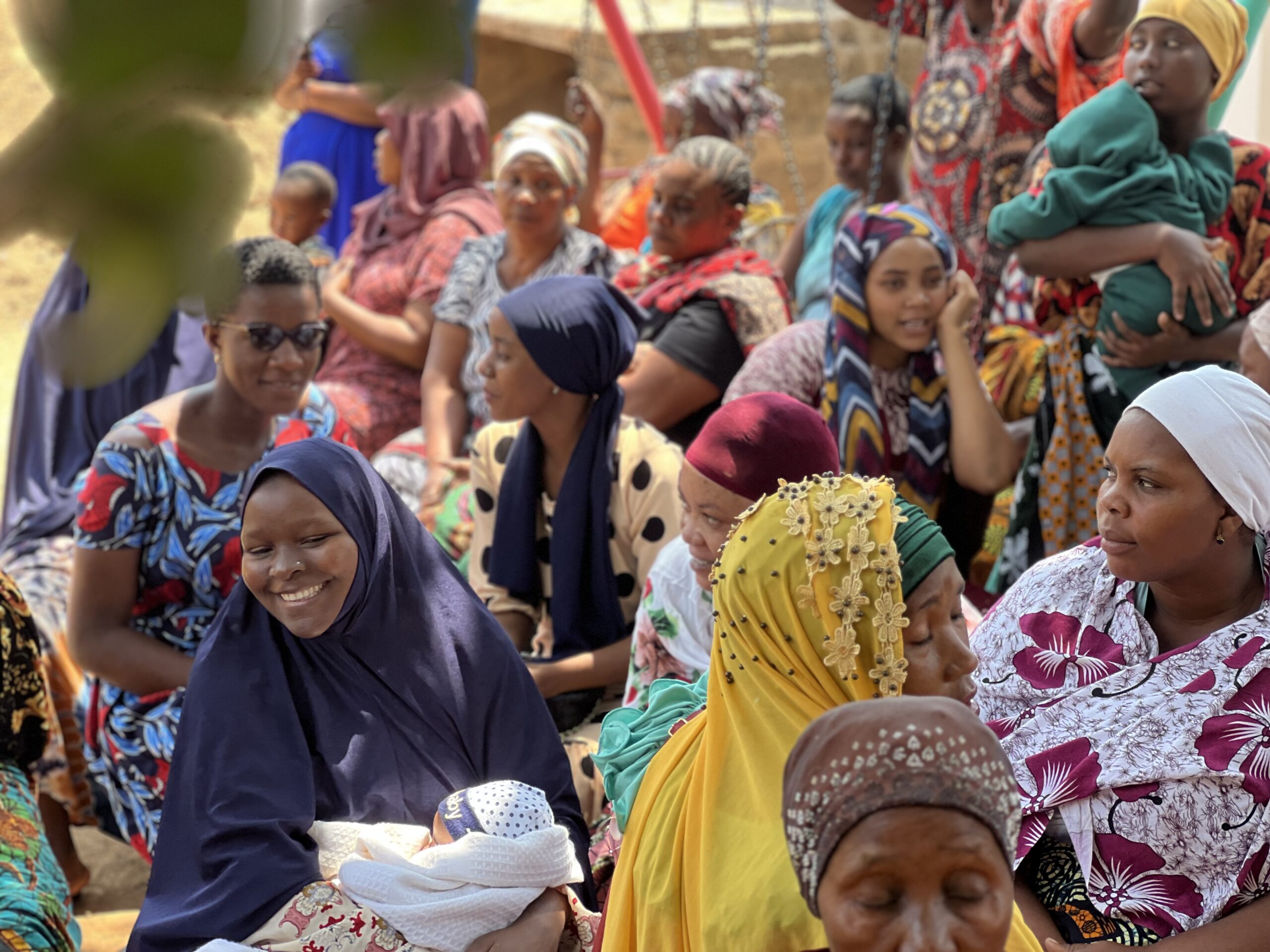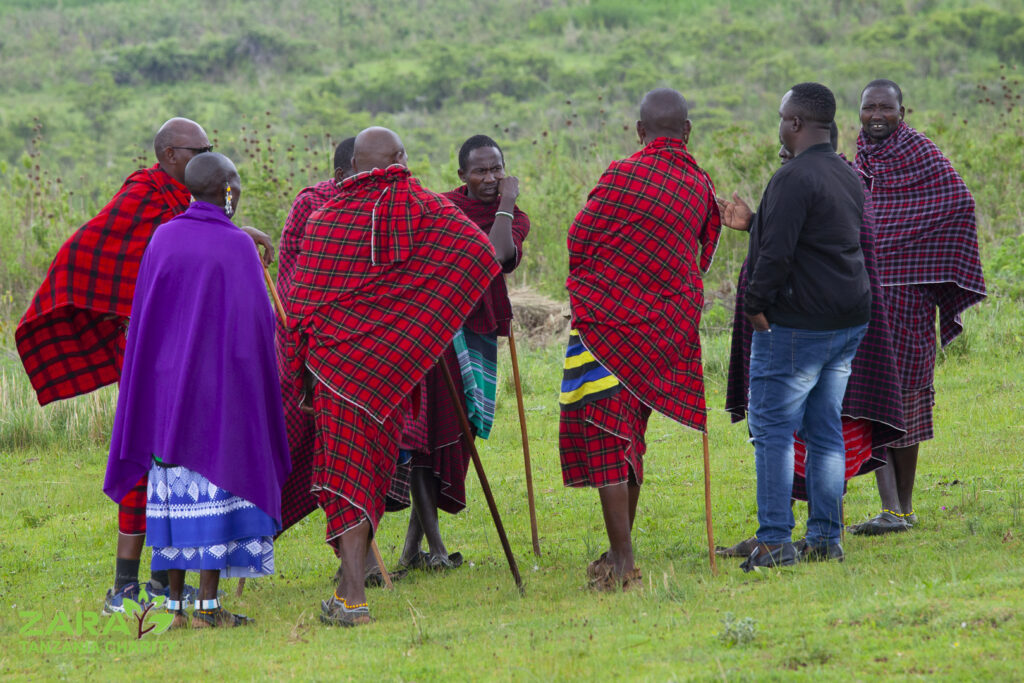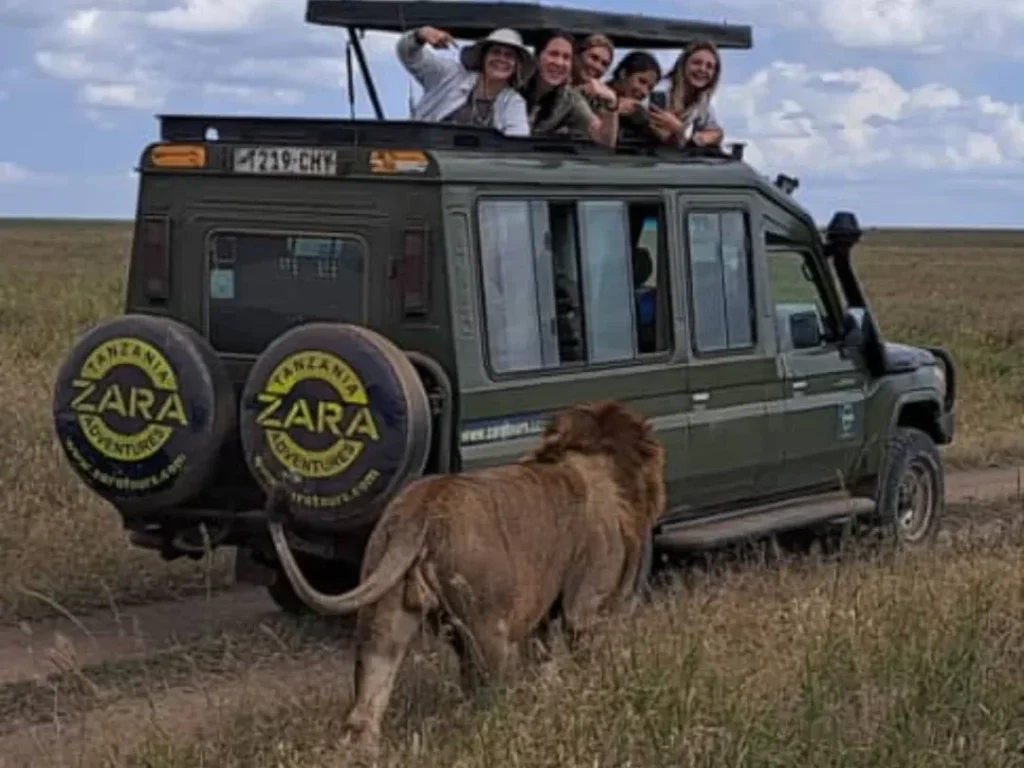Moshi, a vibrant town nestled at the foothills of Mount Kilimanjaro in northern Tanzania, serves as a gateway for volunteers seeking meaningful impact through programs in teaching, community development, conservation, and orphanage support. While the core volunteering work—such as educating children, aiding reforestation, or assisting in medical clinics—provides tangible contributions to local communities, the true depth of the experience lies in the profound cultural immersion. This immersion fosters personal growth, cross-cultural connections, and lasting transformations that extend far beyond the structured volunteer tasks. Drawing from volunteer testimonials and program insights, here’s what participants commonly gain.

1. Deepened Cultural Understanding and Exchange
Volunteers in Moshi often describe their time as a “cultural exchange” that challenges preconceptions and broadens worldviews. Living alongside Chagga, Maasai, and Swahili-influenced communities, they learn about traditional practices, such as communal herding or beadwork symbolism, which highlight values like family and resilience over material wealth. One volunteer reflected on how interacting with locals shifted their focus from “chasing the wrong things” in life to prioritizing community bonds, sparking significant self-reflection. Programs like the Maasai Immersion Project allow participants to support village schools while participating in daily rituals, offering an authentic glimpse into semi-nomadic pastoralist life. This isn’t passive observation; it’s active involvement, such as joining cooking sessions with local ingredients or language lessons in Swahili, which build mutual respect and dismantle stereotypes.
2. Personal Growth and Life Perspective Shifts
The raw, unfiltered exposure to Tanzanian life— from navigating occasional power outages to witnessing HIV awareness efforts—cultivates resilience and empathy. Volunteers frequently report “life-changing” realizations, like gaining a global perspective on healthcare disparities during medical placements, which solidified career paths in medicine for one young participant. Beyond that, the experience motivates broader life changes: many return home with renewed purpose, inspired to advocate for sustainable development or ethical travel. In Moshi’s welcoming suburbs, like those around Good Hope projects, volunteers live with host families, learning to embrace simplicity and hospitality, which fosters emotional maturity and a sense of global interconnectedness.
3. Lifelong Connections and Community Building
Moshi’s volunteer scene thrives on shared stories and friendships that transcend borders. Programs house diverse groups—from teens to retirees—in communal settings, leading to bonds formed over evening chats or weekend adventures. One account highlighted making “four best friends” from fellow volunteers, some decades older, alongside lasting ties with local students whose English progress they tracked post-trip. These relationships extend to locals, creating informal networks for future visits or collaborations. The town’s eclectic charm—blending Swahili markets, Maasai influences, and Chagga traditions—encourages spontaneous interactions, turning strangers into extended family.

4. Adventure and Natural Exploration as Catalysts for Reflection
Moshi’s location amplifies immersion through accessible escapades that blend nature with culture. Weekends free from volunteering often involve hiking Kilimanjaro’s trails, swimming in waterfalls, or touring coffee plantations like Kahawa Shamba, where participants harvest and roast beans while hearing Chagga folklore. Safaris to nearby Serengeti or Ngorongoro Crater offer encounters with the “Big Five,” paired with village homestays that reveal conservation’s human side. These outings aren’t mere tourism; they provide quiet moments for processing experiences, such as watching a sunrise over Kilimanjaro, which one volunteer called a “bucket-list” anchor for their transformative journey.

Skill Development and Professional Insights
Immersed in a new environment, volunteers hone soft skills like adaptability and cross-cultural communication, essential for global careers. Teaching English in rural schools or supporting girl empowerment initiatives sharpens facilitation abilities, while conservation work at sites like Kiviwama Tree Nursery imparts practical sustainability knowledge. For aspiring professionals, such as nurses or educators, the unscripted challenges—adapting lessons to limited resources or observing community health dynamics—offer irreplaceable, resume-boosting insights. Many emerge with enhanced portfolios, including stories of cultural events like Maasai jumping dances or traditional feasts, which vividly demonstrate their growth.
In essence, volunteering in Moshi transcends service; it’s a holistic journey that rewires perspectives, forges unbreakable bonds, and ignites a passion for ethical global engagement. As one long-term volunteer noted after years in the area, it’s the human connections and cultural rhythms that keep drawing people back. Whether through a short stint or extended stay, the gains—resilience, empathy, and wonder—endure, turning participants into advocates for Tanzania’s enduring spirit. If you’re considering this path, organizations like African Impact or IVHQ offer structured entry points tailored to immersive living.